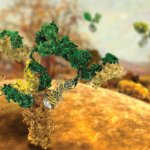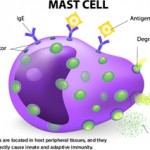Research has found blood tests detect elevations of autoantibody isotypes in patients years before they are diagnosed with rheumatoid arthritis (RA). According to Kevin Deane, MD, PhD, identifying patients during this pre-RA period may be key to preventing or delaying the onset of RA.




